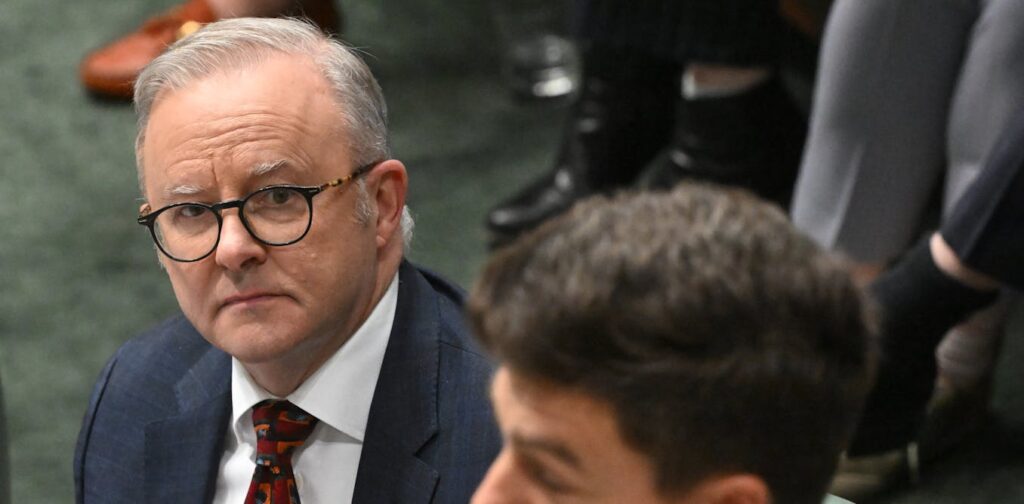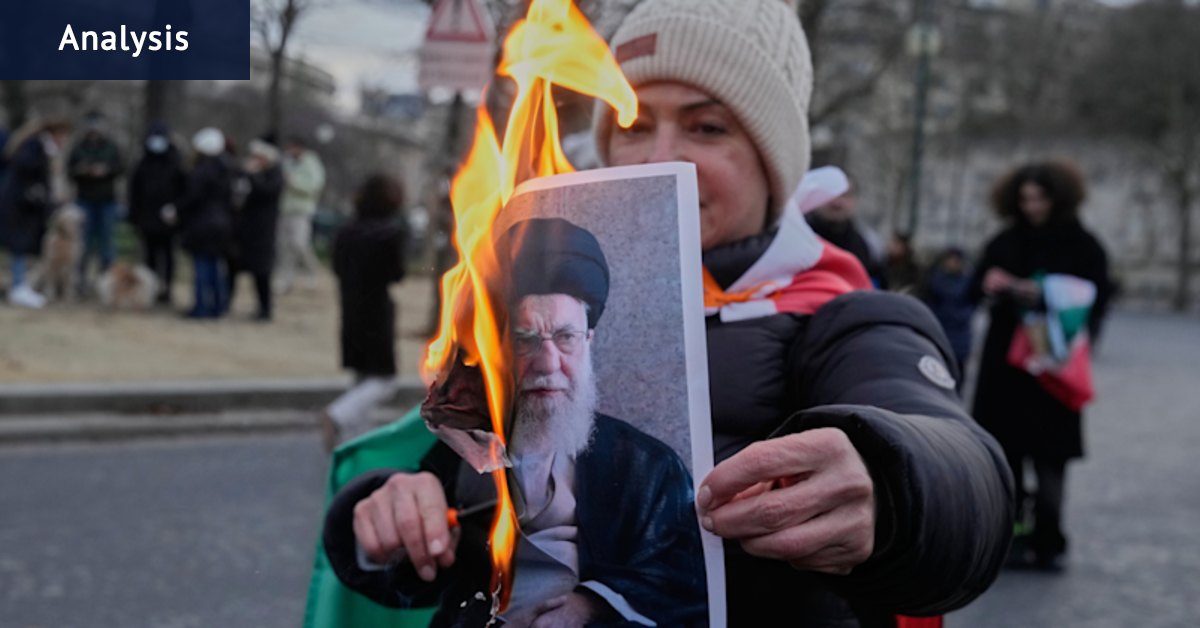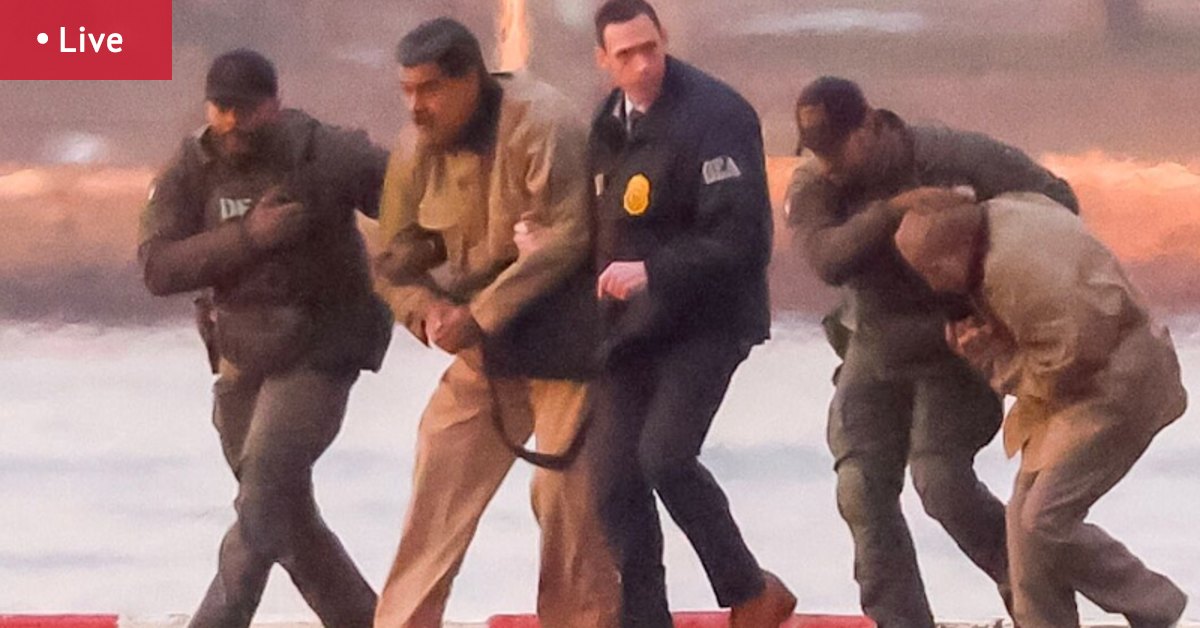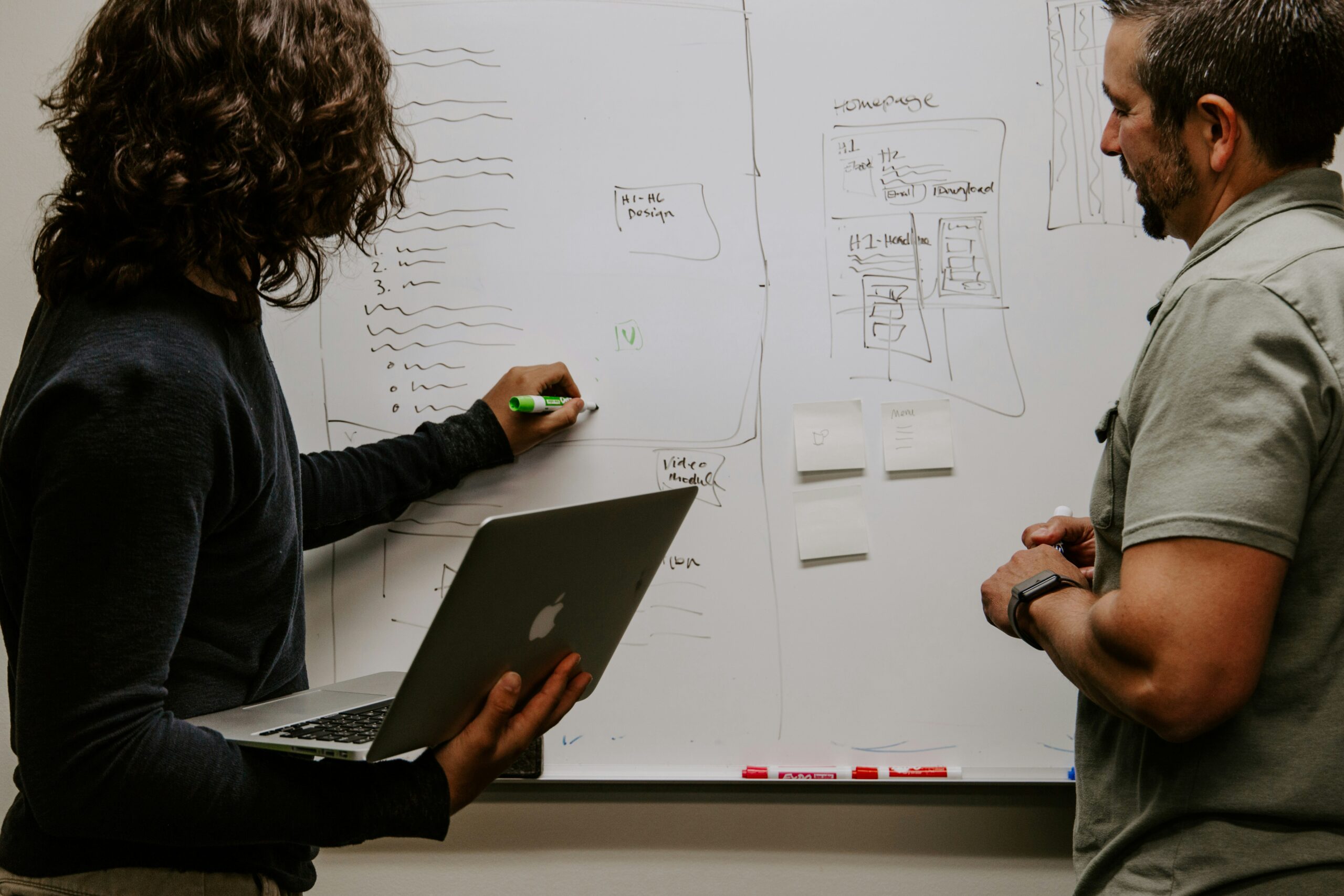
Despite his government’s dominant political position, Prime Minister Anthony Albanese found himself on the defensive this week. His terse responses during an ABC interview highlighted growing scrutiny over a costly deal with Nauru. The agreement, which could reach up to $2.5 billion, involves Nauru taking former immigration detainees. Meanwhile, a Senate inquiry shed light on the 30-year agreement’s potential financial implications.
Adding to the pressure, Albanese dismissed reports about the return of “ISIS brides” to Australia as “not accurate.” However, it later emerged that while the government is not facilitating their repatriation, New South Wales and federal police are preparing for their potential arrival. This incident underscored criticisms of the government’s transparency, further fueled by new freedom of information legislation that critics say restricts public access to crucial decision-making processes.
Diplomatic Tightrope with China
Albanese’s week was further complicated by former Victorian Premier Dan Andrews’ controversial attendance at a military parade in Beijing. Andrews, now a private citizen, appeared in a “family photo” with global leaders, including some of the world’s most criticized figures. His presence sparked dismay within the Labor party and highlighted the delicate diplomatic balance the Albanese government must maintain with China.
The parade, a display of military might, sent strong signals internationally. While Australian embassy officials attended, the ambassador stayed away, reflecting the government’s cautious approach. Albanese acknowledged Andrews’ attendance as unfortunate but refrained from direct criticism, stating, “I am not responsible for what every Australian citizen does.” Andrews defended his visit as an opportunity to “engage with regional leaders.”
Opposition’s Internal Struggles
On the other side of the political spectrum, the opposition grappled with internal divisions, particularly over net zero policies. This week, several senators, including Nationals frontbenchers Bridget McKenzie and Ross Cadell, broke ranks to support a One Nation motion on immigration. This move highlighted the fragility of the Nationals’ commitment to shadow cabinet solidarity.
Further complicating matters, Senator Jacinta Nampijinpa Price made inflammatory remarks about Indian immigration, damaging the Liberals’ image. However, Opposition Leader Sussan Ley scored a tactical victory by pressuring the government on aged care reforms. The opposition’s focus on the delayed rollout of home care packages forced the government to bring forward some provisions after a rare Senate defeat.
Albanese’s Political Calculations
Albanese’s political acumen, reinforced by his election success, faces criticism for being overly cautious. Some commentators urge him to leverage his majority for more radical reforms. This week, economics writer Ross Gittins suggested Albanese should retire if he cannot “bring himself to govern,” a biting critique for a leader who transformed a likely minority government into a commanding majority.
With parliament in recess for a month, Albanese turns his focus to international diplomacy. He will attend the Pacific Islands Forum in the Solomon Islands, where leaders will seek clarity on Australia’s 2035 emissions reduction target. Energy Minister Chris Bowen hinted the government might not legislate the target if faced with significant parliamentary resistance.
Looking Ahead: International Engagement
Albanese’s diplomatic agenda includes crucial forums, with a significant trip to the United States planned for September. Preparations are underway for a meeting with President Donald Trump, either in New York or Washington. The meeting’s outcome will likely hinge on Trump’s unpredictable disposition, rather than Albanese’s mood.
As Albanese navigates these challenges, his leadership will be tested both domestically and on the international stage. The coming weeks will reveal whether he can maintain his government’s momentum amid growing scrutiny and diplomatic complexities.





